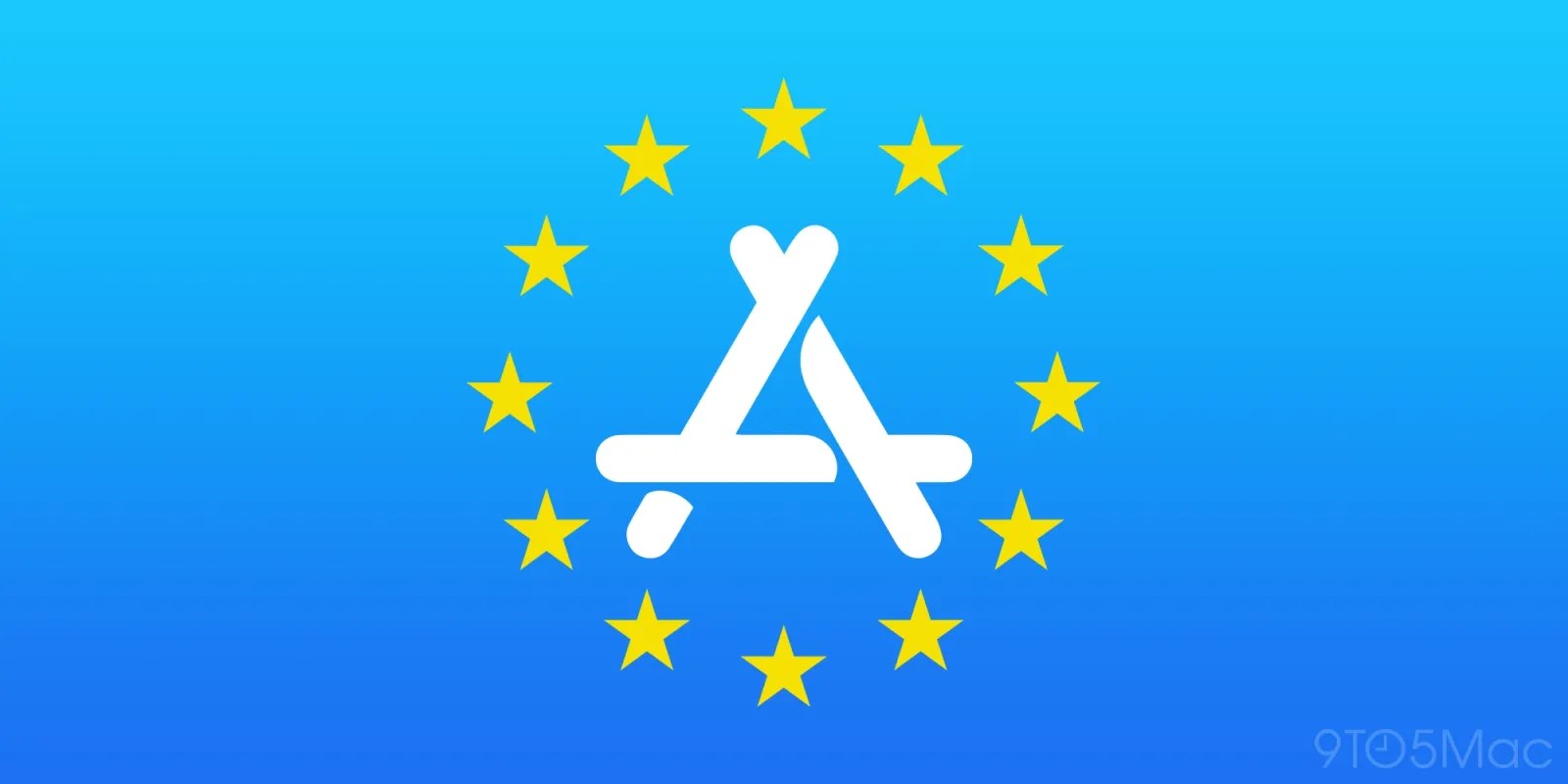
Last week, Apple released iOS 17.4 with major changes to the iPhone ecosystem and the App Store to comply with the Digital Markets Act in the European Union. This includes things like support for alternative app markets, new business terms and in-app purchase options, and more.
Now, Apple has announced a few additional changes in response to the feedback it has received from developers so far. First of all, later this spring, Apple will launch a new web distribution feature that allows developers to offer their apps for download directly from their website.
Changes in the application market
For one thing, Apple says that app marketplaces can now offer a catalog of apps exclusively from that marketplace’s developer. Previously, Apple said app market operators must allow submissions from other developers. With this change, effective immediately, the company can manage the app market and only offer its apps for download.
For example, Meta could operate an app market in the European Union that exclusively offers its own apps for download. Under the initial guidelines this was not allowed.
Web distribution
Second, Apple also gives developers a way to opt out of the app market route altogether. Later this spring, Apple will add a new “Web Distribution” feature that allows developers to distribute their iOS apps directly from their website. This means that iPhone users will be able to go to the developer’s website and download the app, without using the App Store or any alternative app market.
To use this feature, developers will have to opt-in to the App Store’s new business terms, which means they will pay a basic technology fee of €0.50 for every first annual install over a million in the last 12 months.
Any apps distributed over the web will still need to meet Apple’s notarization guidelines. Apps can only be installed from a website domain that the developer has registered with App Store Connect. Apple will also provide developers with a number of APIs to integrate with system functionality.
Apple says:
Apple will authorize developers after they meet certain criteria and commit to ongoing requirements that help protect users. Authorized developers will gain access to APIs that facilitate the distribution of development applications from the web, integrate with system functions, back up and restore user applications, and more. Apps offered through web distribution must meet notarization requirements to protect the integrity of the platform, like all iOS apps, and can only be installed from a website domain that the developer has registered with App Store Connect.
Using App Store Connect, developers can easily download signed binaries and host them on their distribution website. To install apps from a developer’s website, users will first need to allow the developer to install apps in Settings on their iPhone. When installing an app, the system table will display information that developers have submitted to Apple for review, such as the app name, developer name, app description, screenshots, and system age rating.
There are several different prerequisites that developers must meet in order to be able to distribute apps through their websites:
- Be enrolled in the Apple Developer Program as an organization incorporated, domiciled and/or registered in the EU (or have a branch of a legal entity incorporated, domiciled and/or registered in the EU listed on App Store Connect). The location associated with your legal entity is listed in your Apple Developer account.
- Be a member in good standing of the Apple Developer Program for two consecutive years or more and have an app that had more than one million first annual installs on iOS in the EU in the previous calendar year.
- You agree to, among other things,
- Only offer apps from your developer account.
- Respond to communications from Apple regarding your web-distributed applications, particularly regarding fraudulent, malicious, or illegal conduct, or anything else that Apple believes affects the safety, security, or privacy of users.
- Publish transparent data collection policies and offer users control over how their data is collected and used.
- Follow the applicable laws of the jurisdictions in which you operate (for example, the Digital Services Act, the General Data Protection Regulation and consumer protection laws).
- Be responsible for processing government and other requests to delist applications.
“Distributing apps directly from a website requires accountability and oversight of the user experience, including the ability to manage apps and provide customer support and returns,” Apple warns. “Apple will authorize developers once they meet certain criteria and commit to ongoing requirements that help protect users.”
More details are available on Apple’s developer website in a new support document.
Linkage
Finally, Apple gives developers more freedom over how they can connect to an external website to complete a transaction for digital goods or services on the external website. Apple says developers can choose how to design promotions, discounts and other offers, as opposed to using Apple’s own templates and following its guidelines. This change is effective immediately.
“When directing users to complete a transaction for digital goods or services on an external website, developers can choose how to design promotions, discounts, and other offers,” Apple explains. “Apple-provided design templates, which are optimized for key purchase and promotional use cases, are now optional.”
More details about these updated policies are available on Apple’s developer website.
FTC: We use automatic affiliate links to earn money. More.
